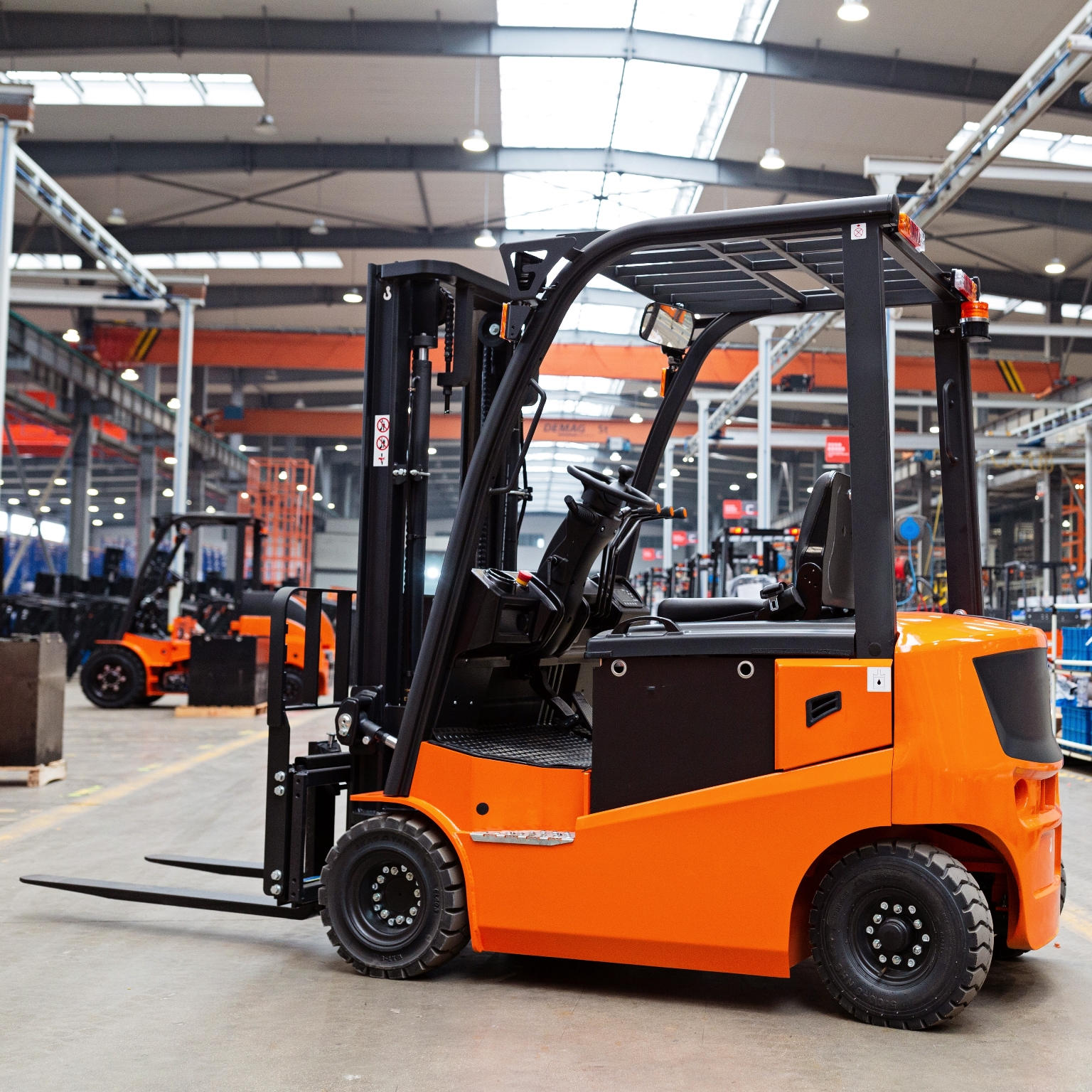Reliable power solutions are a cornerstone of the logistics industry. Warehouses, distribution centers, and transportation networks rely on battery-powered equipment to ensure the smooth movement of goods. From forklifts and pallet jacks to automated guided vehicles (AGVs) and conveyor systems, maintaining a consistent power supply is critical to avoid costly downtime and operational inefficiencies.
For businesses that depend on seamless operations—such as fine art shipping companies—battery charger modules play an essential role. These specialized components regulate power flow, enhance battery longevity, and ensure the uninterrupted operation of battery-driven equipment. Without an effective charging system, businesses risk equipment failure, shipment delays, and potential damage to valuable goods.
Why Battery Charger Modules Matter in Logistics
In fast-paced logistics environments, equipment failure can lead to significant setbacks. A malfunctioning forklift battery can halt warehouse operations, while an unreliable charging system for AGVs can disrupt the flow of goods. This is especially critical in industries where fragile and high-value shipments, such as fine art and antiques, require careful handling and precision.
Battery charger modules help prevent these issues by maintaining battery health, optimizing charge cycles, and delivering efficient power management. Some of the key benefits include:
Extended Battery Life – A well-regulated charging process reduces battery wear, lowering replacement costs.
Reduced Downtime – Reliable charging systems ensure that equipment is always ready for use, improving operational efficiency.
Energy Efficiency – High-quality charger modules minimize energy waste, reducing electricity costs.
Consistent Power Supply – Avoiding sudden battery failures helps prevent shipment delays and equipment downtime.
For businesses dealing with perishable or high-value cargo, such as fine art or medical equipment, an effective power solution isn’t just a convenience—it’s a necessity.
The Role of Battery Charging in Fine Art Logistics
Fine art logistics is a highly specialized industry where precision and care are paramount. When handling paintings, sculptures, and other valuable pieces, every stage of transportation requires attention to detail. This includes climate-controlled storage, careful packaging, and reliable material-handling equipment powered by efficient battery charger modules.
Consider a scenario where a fine art shipping company uses electric forklifts and pallet jacks to move delicate artworks within a warehouse. If a battery unexpectedly fails due to a faulty charging system, the handling process could be interrupted, increasing the risk of damage. A well-maintained charging infrastructure helps ensure that all necessary equipment is operational, reducing the likelihood of mishaps.
Moreover, battery-powered climate control systems are sometimes required for transporting temperature-sensitive artwork. These systems depend on efficient battery chargers to maintain consistent conditions throughout transit. Any disruption in the power supply could compromise an artwork’s condition, leading to irreversible damage.
Choosing the Right Battery Charging Solution
Not all battery charger modules are created equal. The choice of a charger module can significantly impact equipment performance, operational costs, and overall logistics efficiency. A high-quality module ensures proper voltage regulation, prevents overcharging, and integrates seamlessly with existing battery systems.
One trusted option is the 6LA20671, a widely used charger module known for its compatibility with various industrial and logistics applications. Features of the 6LA20671 include:
- Optimized Power Flow – Reduces battery strain and extends operational life.
- High Compatibility – Suitable for a wide range of forklift and industrial battery systems.
- Reliable Performance – Engineered for demanding warehouse and logistics environments.
By investing in reliable charging solutions, logistics companies can improve their overall productivity while minimizing unexpected expenses associated with battery failures and replacements.
The Future of Battery Charging in Logistics
As the logistics industry evolves, the demand for efficient, sustainable, and intelligent power solutions continues to grow. Emerging trends in battery charging include:
Smart Charging Technology – Automated charging systems that optimize power delivery based on real-time battery usage data.
Energy-Efficient Solutions – Modules designed to minimize electricity consumption while maintaining optimal performance.
Wireless Charging – Contactless charging solutions for AGVs and forklifts to improve efficiency in high-traffic warehouses.
For logistics providers and fine art shippers alike, staying ahead of these advancements can lead to better resource management, lower operational costs, and enhanced service quality.
Investing in Efficiency and Reliability
Battery charger modules are a vital component of modern logistics, ensuring that battery-powered equipment functions reliably and efficiently. Investing in high-performance charger modules not only extends the lifespan of critical warehouse equipment but also helps businesses avoid costly disruptions.
For industries that handle fragile, valuable, or time-sensitive shipments, such as fine art transportation, the importance of a reliable power supply cannot be overstated. By choosing the right charging solutions, businesses can streamline their operations, reduce downtime, and maintain the highest standards of service.
